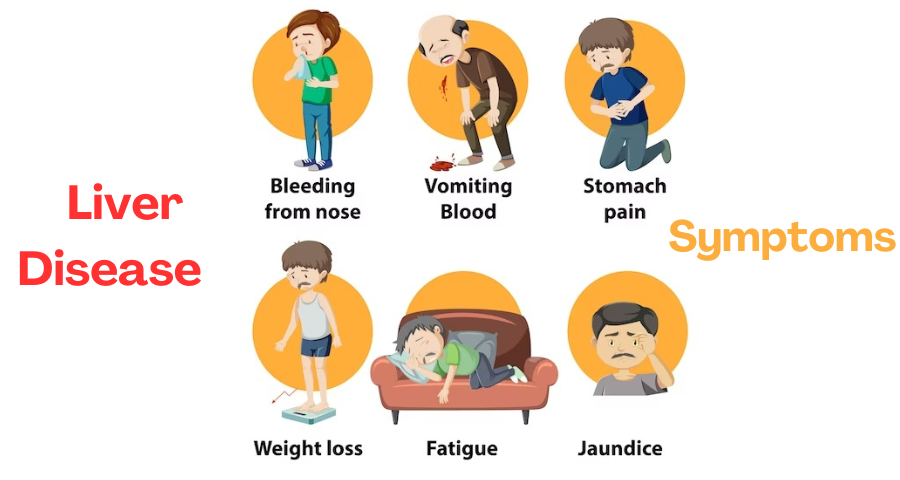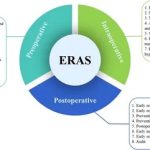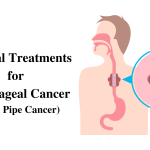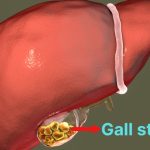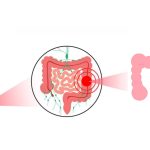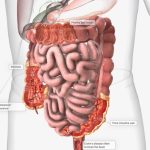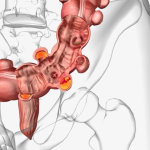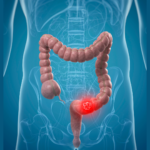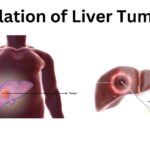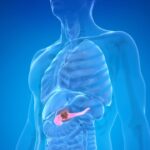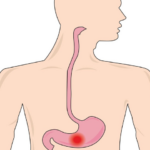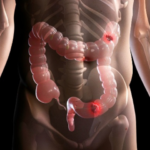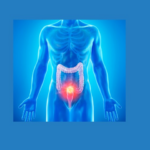Jaundice is a condition in which skin color turns yellowish. It happens when an excess amount of bilirubin circulating in the blood dissolves in the subcutaneous fat i.e., the layer just beneath your skin. This causes the yellowish discoloration of the skin.
Causes
An underlying medical condition that increases bilirubin production or hinders liver clearance causes jaundice.
Normal red blood cell breakdown increases bilirubin levels. In general, the liver filters blood and converts waste into conjugated bilirubin. New material leaves the body when a person defecates. Bilirubin can accumulate in the body if the liver cannot digest it. Hyperbilirubinemia causes yellow skin and eyes.
Jaundice may arise due to a dysfunction occurring within any of the three stages involved in the synthesis of bilirubin.
- Before the synthesis of bilirubin, individuals may have a condition known as unconjugated jaundice, which arises from elevated bilirubin levels resulting from:
- Hematoma
- Hemolytic anemia
- During Bilirubin synthesis resulting from: –
- Alcohol Consumption
- Hepatitis A, B, or C
- Rare genetic metabolic disorder
- Toxicity from acetaminophen, antibiotics, birth control pills, and hormone replacement therapy.
- Following the production of bilirubin, the occurrence of jaundice can be attributed to the obstruction or blockage of the bile ducts resulting from:
- Gallstones
- Gallbladder Inflammation
- Gallbladder cancer
- Pancreatic Cancer
Symptoms
The presence of a yellowish hue on the skin, eyes, and tongue, accompanied by Fever with chills, stomach pain, pale-colored feces, darkened urine, and pruritus/ itching
Also symptoms like exhaustion, stomach discomfort, weight loss, vomiting, and fever.
Treatment
In adults, the management of jaundice often does not necessitate intervention, as it is generally considered a less severe condition compared to its occurrence in newborn babies.
Dr. Srikanth Gadiyaram, a highly experienced professional with over two decades of expertise, prioritizes the identification and resolution of root causes, as well as the effective management of their effects.
Jaundice is not an independent medical illness; instead, it serves as an indicator of an underlying pathological condition.
The treatment options for various disorders leading to jaundice are as follows:
- Alcohol-induced cirrhosis or hepatitis: Treatment of jaundice requires quitting alcohol.
- Hemolytic Anemia: – This treatment requires mostly blood transfusion as a part of the therapy regimen
- Chronic Liver Disease: – Depending on the liver illness, corticosteroids or diuretics may treat cirrhosis-related jaundice.
- Drug-Induced Hepatotoxicity: – Discontinuation of a particular medicine if it causes liver damage. Overdose may require more medication.
- Gallstone: – Gallstones that lead to the manifestation of jaundice may necessitate medical intervention, often including the surgical extraction of the gallbladder.
- Hepatocellular carcinoma: – Treatment usually includes radiation, chemotherapy, and additional medications to help
- Primary sclerosing cholangitis (PSC) is a chronic liver disease that causes bile duct inflammation and fibrosis. Liver illness linked to ulcerative colitis. Treatment usually comprises symptom control.
At Sahasra Hospitals Jayanagar, our approach to managing jaundice involves a systematic identification of the underlying cause, followed by the start of an effective treatment plan aimed at expediting recovery. Please contact us if you are experiencing any of these conditions or if you would like to schedule an appointment at 8880837000 or 9880105829.

